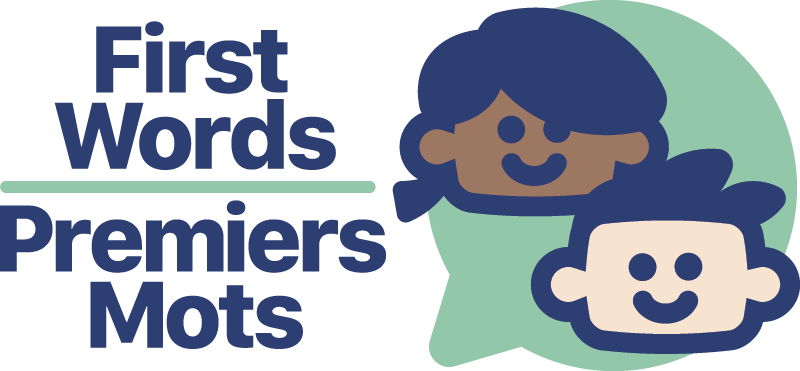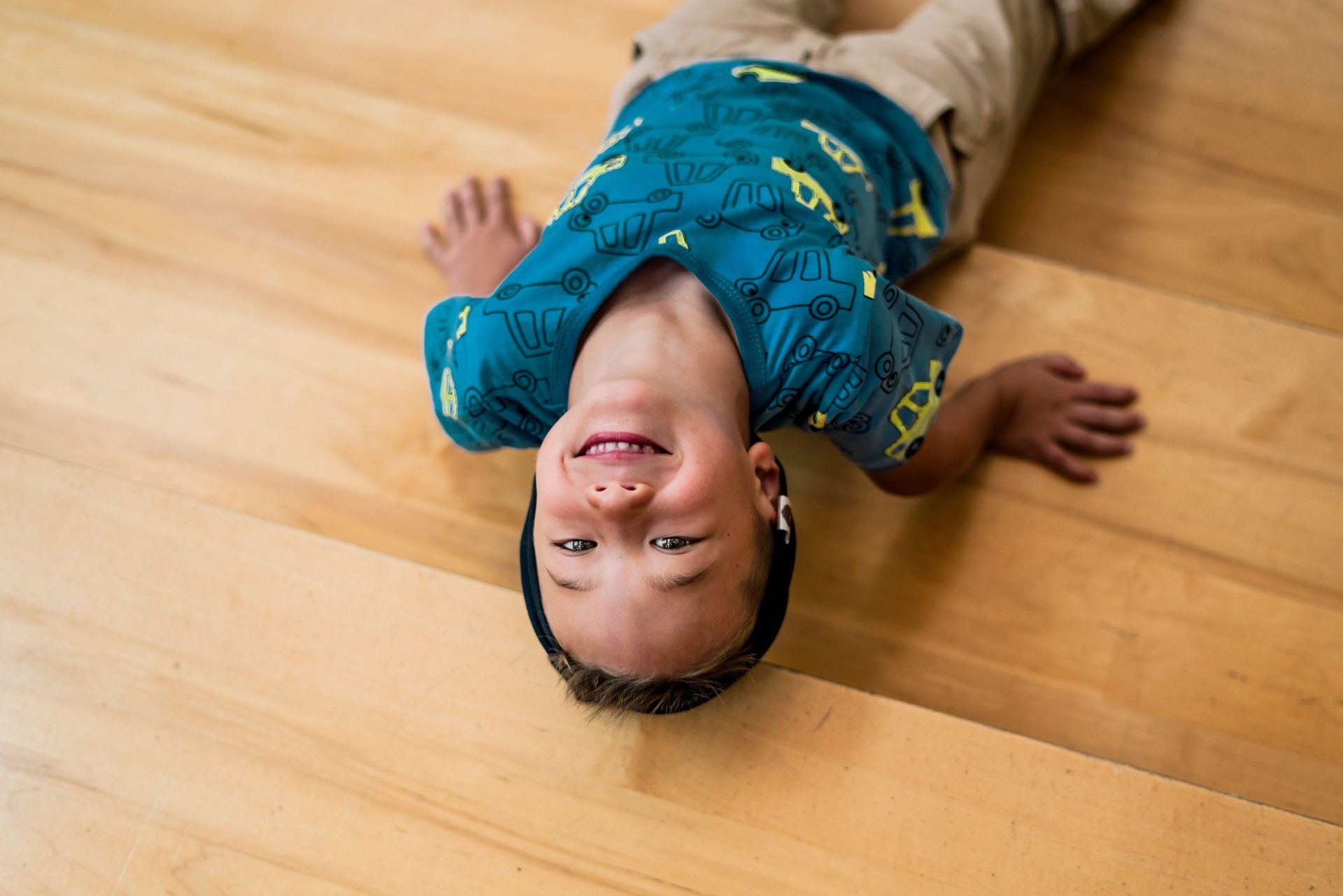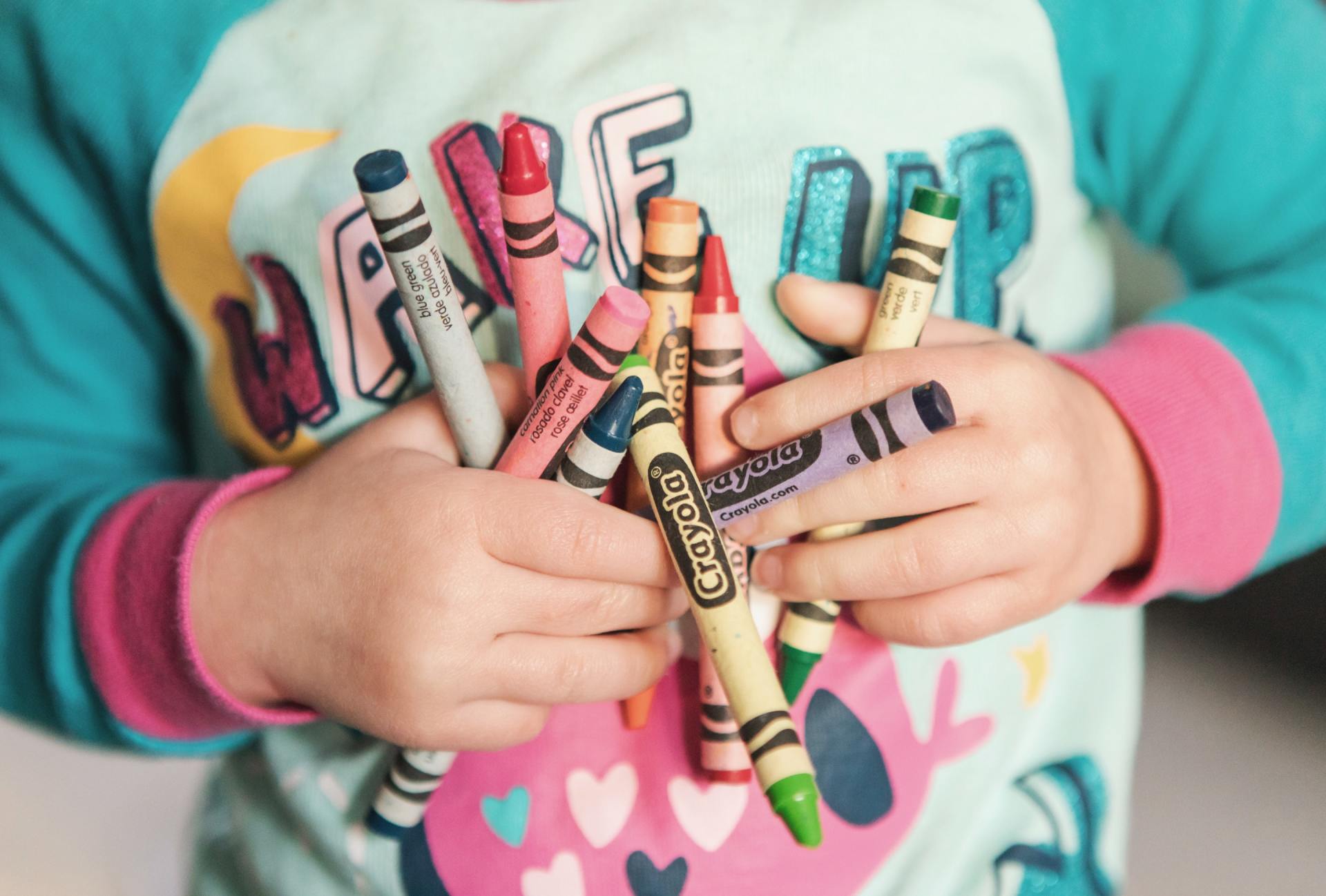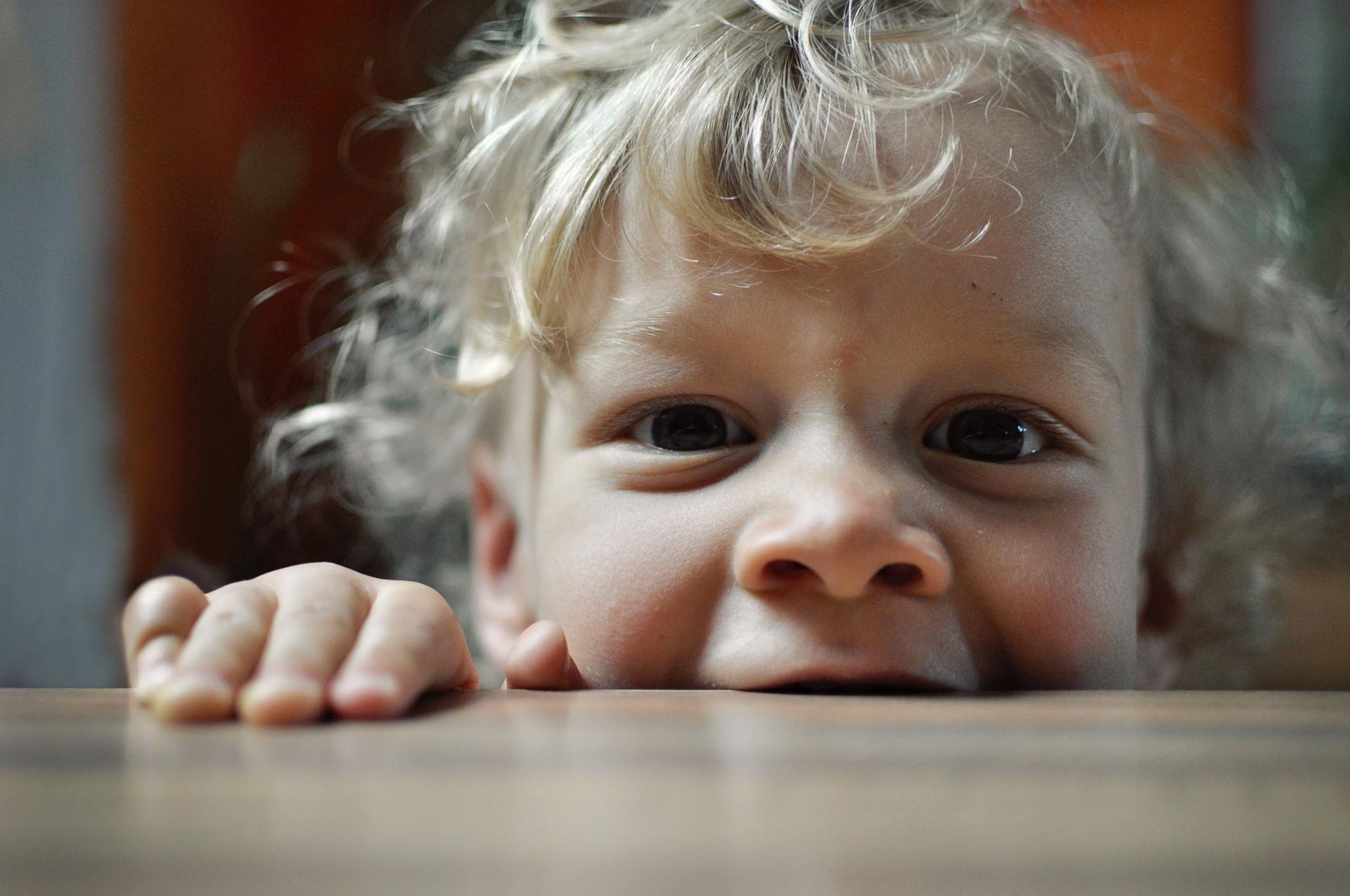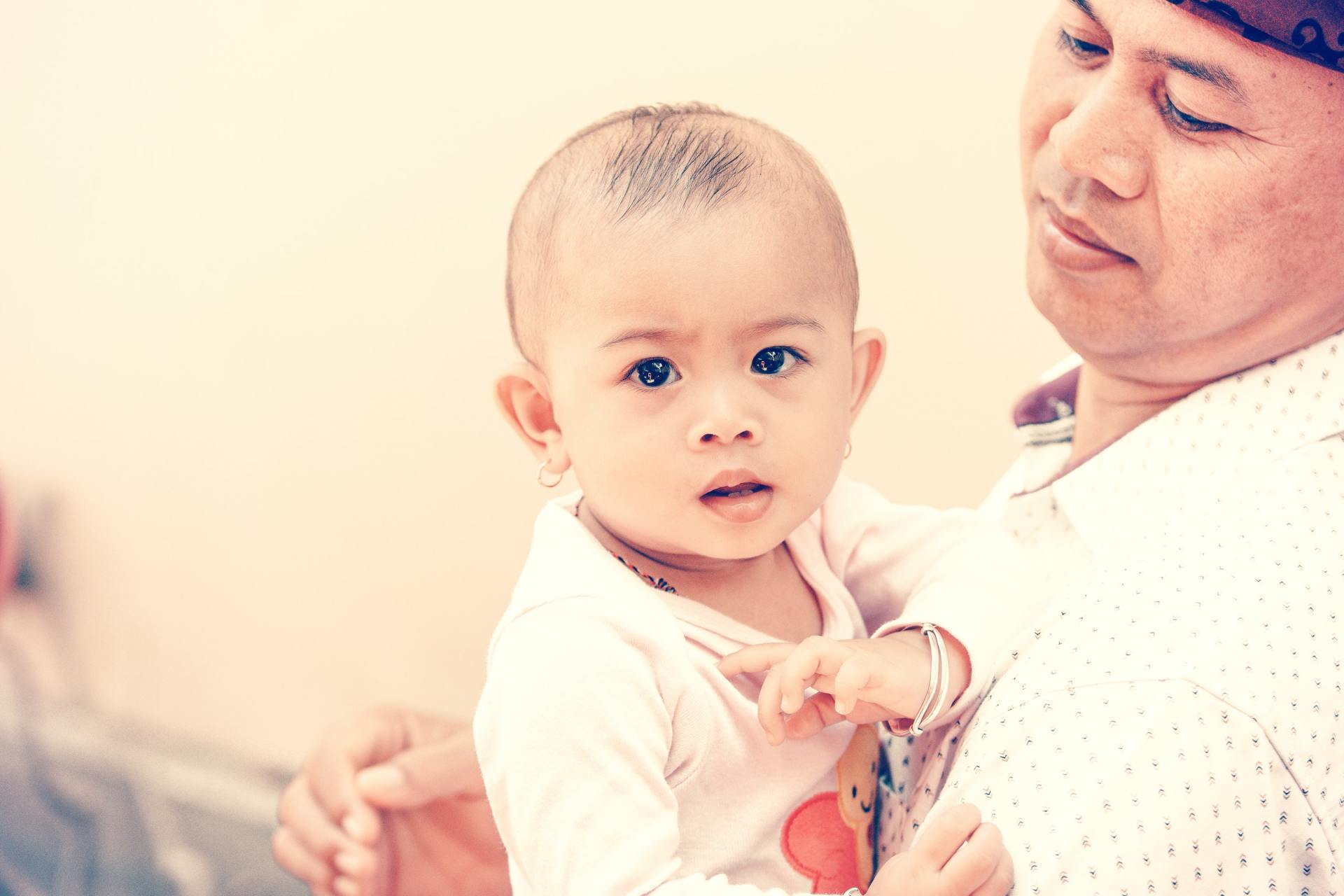3 YEARS
- Let your child join the conversation. Give them extra time to share ideas.
- Model correct sounds and grammar (e.g. child says "he wunned"; you say "he ran").
- Answer your child’s questions and listen as they talk to you.
- Add new words and ideas to what your child tells you.
- Explain how things work. Describe objects.
- Talk about solutions to a problem.
- Let your child play with other children.
- Play together often (e.g. pretend play, play with toys, etc.).
- Read to your child every day.
4 YEARS
- Talk about how things are the same or different.
- Clearly repeat words and sentences your child has difficulty saying.
- Talk about the order of events - describe what happens “first, next and last”.
- Ask questions like “What will happen next?” to help your child think and use more complex language.
- Help your child talk about their feelings and ideas.
- Encourage them to tell stories using books, pictures or puppets.
- Point out words in books. Run your finger under words while you read to your child.
- Read books with rhyming words - "mouse/house", and point out the sounds at the start of words (e.g. "Mouse starts with the 'mmm' sound. It’s the letter M".).
5 YEARS
- Use new or complex words (e.g. "before/after", "rough/smooth"). Explain what they mean and use them often in other situations.
- Talk about the quantity of objects (e.g. "a lot/a little", "more/less", "one/many").
- When reading to your child, talk about the beginning, middle and end of the story. Ask them “What do you think will happen next?”.
- Let your child make up stories to tell you or to act out for you.
- Talk about your day. Ask them to tell you about their day.
- Let your child help plan events. Talk about what you need to do before a birthday party or how to get ready to go to the zoo.
- Ask them "why" and "how" questions.
- Ask them to help (e.g. bake cookies, set the table, sort laundry). During these activities, give them instructions and see if they can follow or repeat them back to you.

